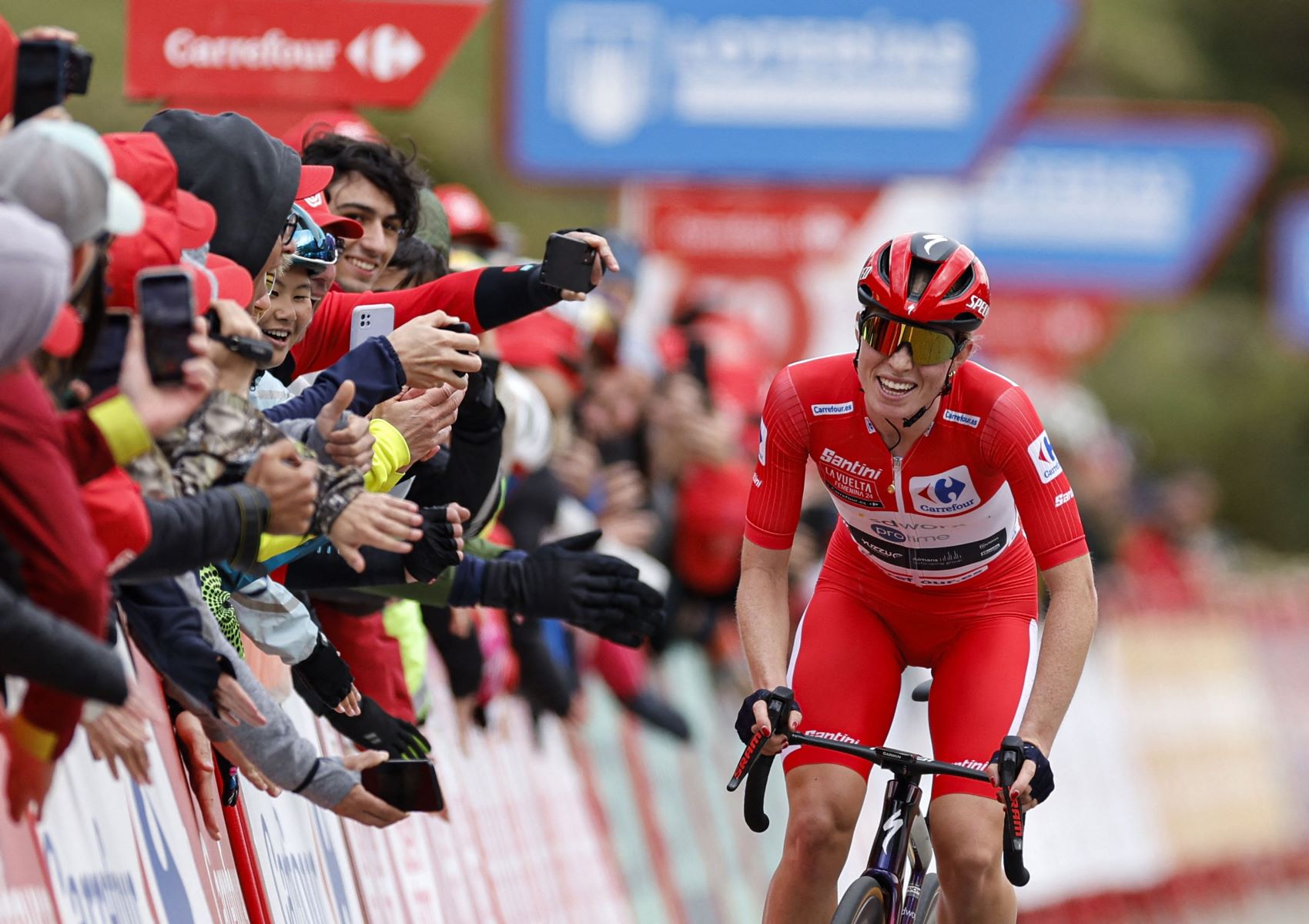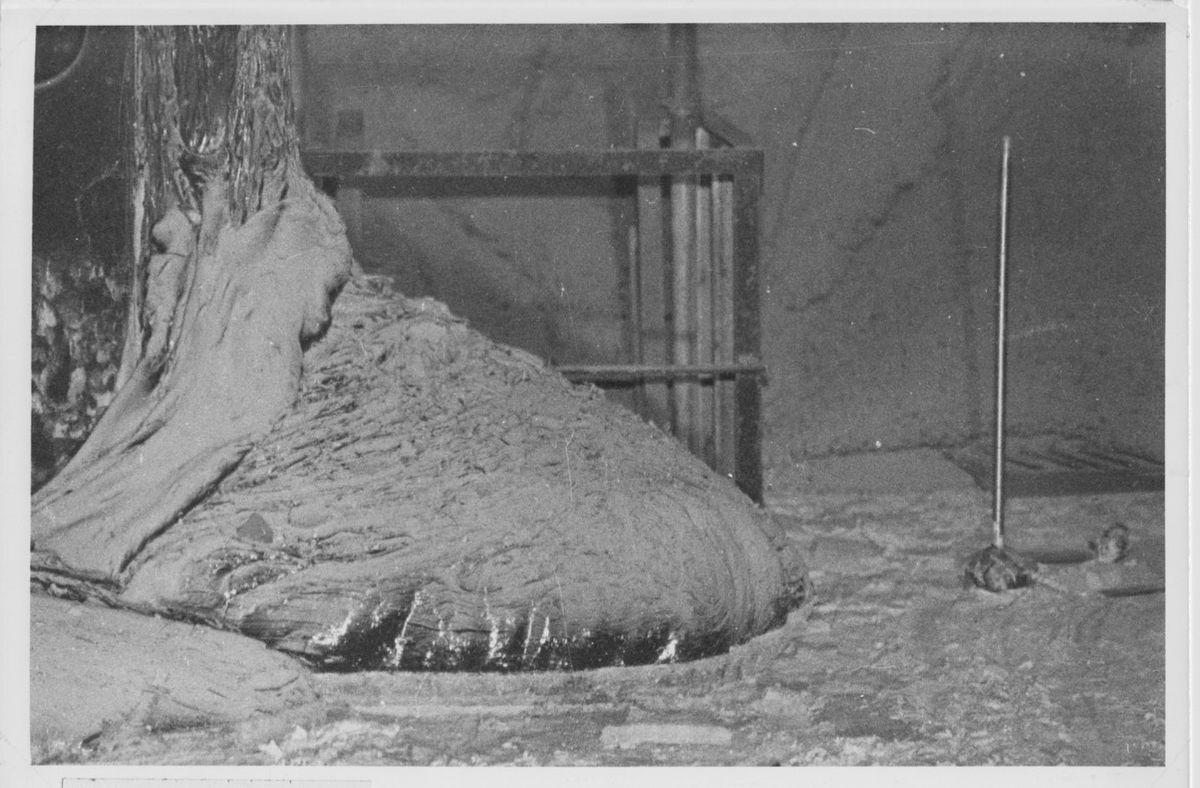
What makes La Vuelta a España one of the most thrilling cycling events in the world? La Vuelta, also known as the Vuelta a España, is a cornerstone of professional road cycling. First held in 1935, this race is one of the three Grand Tours, alongside the Tour de France and Giro d'Italia. Covering around 3,000 kilometers over 21 stages, it features a mix of mountain climbs, flat stages, and time trials. The event often serves as a preparation ground for the Tour de France, attracting top riders like Bernard Hinault, Alberto Contador, and Chris Froome. With its rich history, cultural significance, and challenging routes, La Vuelta captivates cycling enthusiasts worldwide.
The Origins of La Vuelta
La Vuelta, also known as the Vuelta a España, is one of cycling's most prestigious events. Its rich history and challenging routes make it a favorite among riders and fans alike.
-
History of La Vuelta
La Vuelta began in 1935, making it one of the oldest Grand Tours. The first winner was Gustaaf Deloor from Belgium. Over time, the race has seen many changes in its route and format. -
Route and Course
Covering around 3,000 kilometers (1,864 miles) over 21 stages, the Vuelta includes mountain stages, flat stages, and time trials. The race starts in a different city each year, usually ending in Madrid. -
Significance in Cycling
La Vuelta is a key event in the cycling calendar. Many top riders use it to prepare for the Tour de France, fine-tuning their form and strategy.
Notable Winners and Stages
The Vuelta has seen many legendary cyclists and unforgettable stages. Let's explore some of the most remarkable aspects.
-
Notable Winners
Bernard Hinault, a three-time winner, and Alberto Contador, who won twice, are among the most famous victors. Other notable winners include Chris Froome, Nairo Quintana, and Miguel Induráin. -
Mountain Stages
Mountain stages are a highlight, featuring some of the toughest climbs. The final stage to the Alto de Angliru is particularly grueling, often compared to the "Spanish Alpe d'Huez."
Team Dynamics and Sponsorship
Teamwork and sponsorship play crucial roles in the Vuelta. The dynamics between team members and the support from sponsors can significantly impact the race's outcome.
-
Team Dynamics
La Vuelta is a team sport. Teams have a designated leader supported by other riders. Teamwork and strategy are as important as individual performance. -
Sponsorship and Funding
Sponsored by organizations like Movistar since 2011, the race also receives funding from the Spanish government and local municipalities. This support helps cover the event's costs.
Impact on Communities and Media Coverage
La Vuelta's influence extends beyond cycling, impacting local communities and receiving extensive media coverage.
-
Impact on Local Communities
The race boosts local economies through increased tourism. It often leaves a lasting legacy in terms of infrastructure improvements and community engagement. -
Media Coverage
La Vuelta is broadcast in multiple languages and followed by millions worldwide. This extensive coverage makes it one of the most-watched sporting events globally.
Cultural Significance and Health Measures
La Vuelta is deeply rooted in Spanish culture and prioritizes the health and safety of its participants.
-
Cultural Significance
The race is a significant part of Spanish culture, with locals attending and participating in festivities. It often coincides with other cultural celebrations. -
Health and Safety
Rider health and safety are paramount. Participants undergo rigorous medical checks, and there are strict rules regarding doping and performance-enhancing substances.
Challenges and Innovations
La Vuelta has faced challenges like doping scandals but has also embraced innovations to enhance the racing experience.
-
Doping Scandals
The race has faced doping scandals, but strict anti-doping measures are in place to ensure fair competition and protect the sport's integrity. -
Technology and Innovation
Advanced technology like GPS tracking, data analytics, and live streaming provide fans with real-time updates and insights into the race.
Women’s Vuelta and Youth Development
La Vuelta is committed to promoting women's cycling and developing young talent.
-
Women’s Vuelta
The introduction of the Women’s Vuelta a España provides opportunities for female riders to compete at the highest level and gain recognition. -
Youth Development
Programs are in place to develop young riders. The race often features a young rider classification to identify and nurture talent.
Fan Engagement and Environmental Efforts
Fan engagement and environmental sustainability are key aspects of La Vuelta.
-
Fan Engagement
The race has a strong following among cycling enthusiasts. Fans often travel to support their favorite teams and riders, and the event encourages participation through social media and interactive activities. -
Environmental Impact
La Vuelta promotes sustainable practices like using eco-friendly materials and minimizing waste, aligning with the broader trend of sustainability in sports events.
Charity Initiatives and Legacy
La Vuelta supports charitable causes and has left a lasting legacy in the world of cycling.
-
Charity Initiatives
The race often supports charity initiatives, with a portion of the proceeds going to local charities and cycling-related organizations. -
Legacy of the Race
La Vuelta has inspired generations of riders and fans, contributing significantly to the sport’s global popularity.
Future Prospects
Looking ahead, La Vuelta continues to evolve, attracting top talent and captivating audiences worldwide.
- Future Prospects
The race is expected to remain a cornerstone of professional cycling, with new challenges and opportunities on the horizon.
The Legacy of La Vuelta
La Vuelta isn't just another cycling race; it's a celebration of endurance, teamwork, and Spanish culture. From its humble beginnings in 1935 to becoming one of the top three Grand Tours, La Vuelta has carved out a unique place in the world of professional cycling. The race's challenging mountain stages, like the infamous Alto de Angliru, test even the most seasoned riders. With notable winners like Bernard Hinault and Alberto Contador, the event has a storied history of champions. Beyond the race itself, La Vuelta impacts local communities, boosts tourism, and promotes sustainability. Its extensive media coverage and fan engagement make it a global spectacle. As La Vuelta continues to evolve, it remains a cornerstone of cycling, inspiring new generations of riders and fans alike. This race is more than a competition; it's a testament to human spirit and perseverance.
Was this page helpful?
Our commitment to delivering trustworthy and engaging content is at the heart of what we do. Each fact on our site is contributed by real users like you, bringing a wealth of diverse insights and information. To ensure the highest standards of accuracy and reliability, our dedicated editors meticulously review each submission. This process guarantees that the facts we share are not only fascinating but also credible. Trust in our commitment to quality and authenticity as you explore and learn with us.


